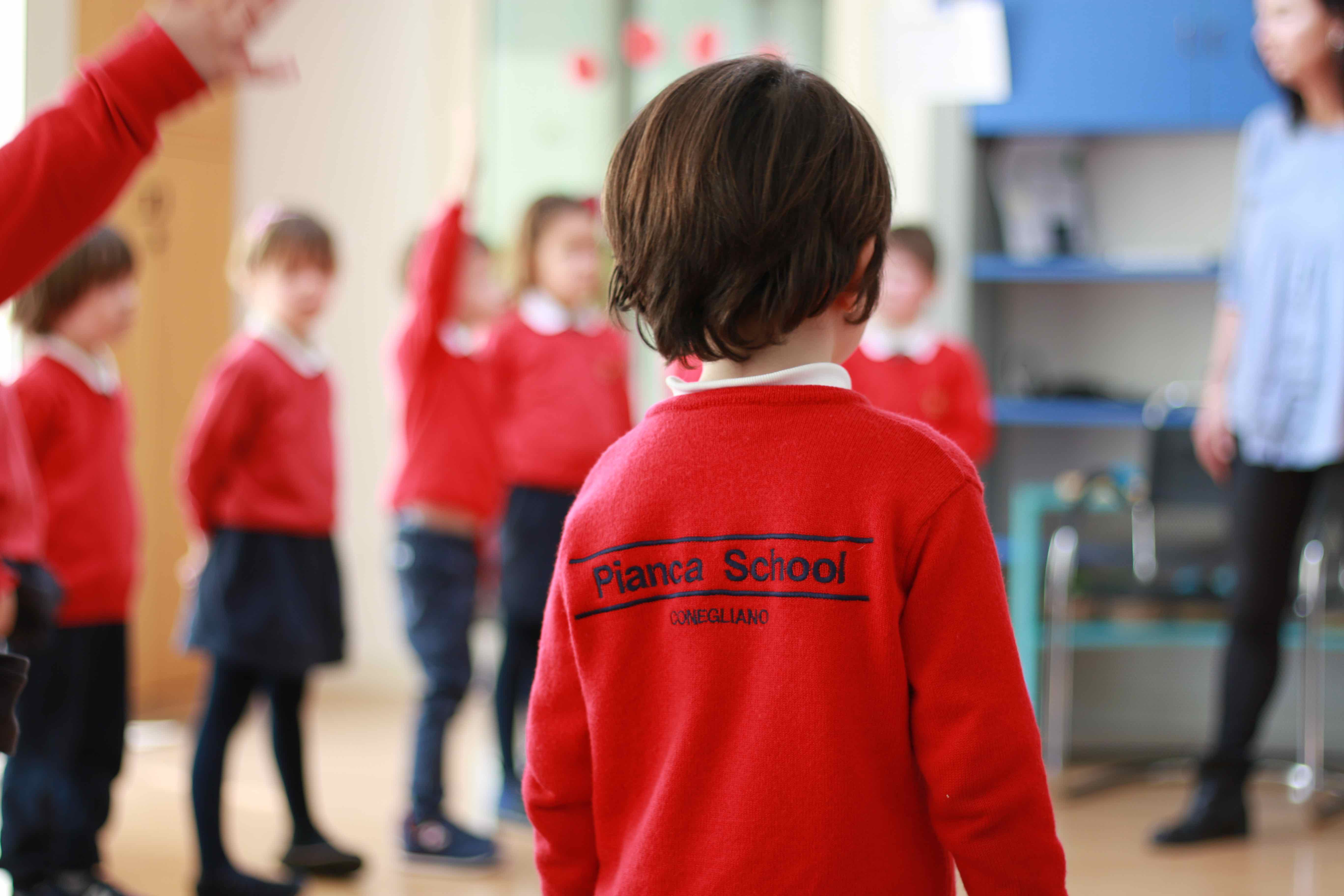Bilingualism is a spontaneous and natural process when a child lives in a context where two languages are spoken every day, used in interpersonal relationships, in the various situations of daily life, in activities and various contexts in written texts and with peers who use the language to play, sing, dance and do things children love to do.
Pre-school children are most receptive to the acquisition of a second language and the correct phonetics and they intuitively learn the structure and functioning in the same cortical area of the mother tongue. Already at the age of 6/7 the brain is no longer as plastic as in previous years and the second language is no longer assimilated in an intuitive way.
Bilingualism brings notable linguistic and non-linguistic cognitive benefits. The awareness that there are different vocabularies for the same reference and different ways of expressing the same concept, develops an open, flexible mind, that favours the opening of one’s own mental horizons, divergent thinking and the ability to see new and wider prospectives. Being accustomed to switching constantly from Italian to English, develops in the child, the ability to be more attentive, quicker in moving from one task to another, ready to analyse and make deductions.
For the acquisition of the second language it is essential that teachers are mother tongue, (teachers who do not translate from one language to another) thus transmitting a valid model of pronunciation and a precise use of terminology.
The learning process is linked to time, context, motivation and the daily use of the language. Children who learn a second language in pre school age reach levels of fluency and competence in both languages.




